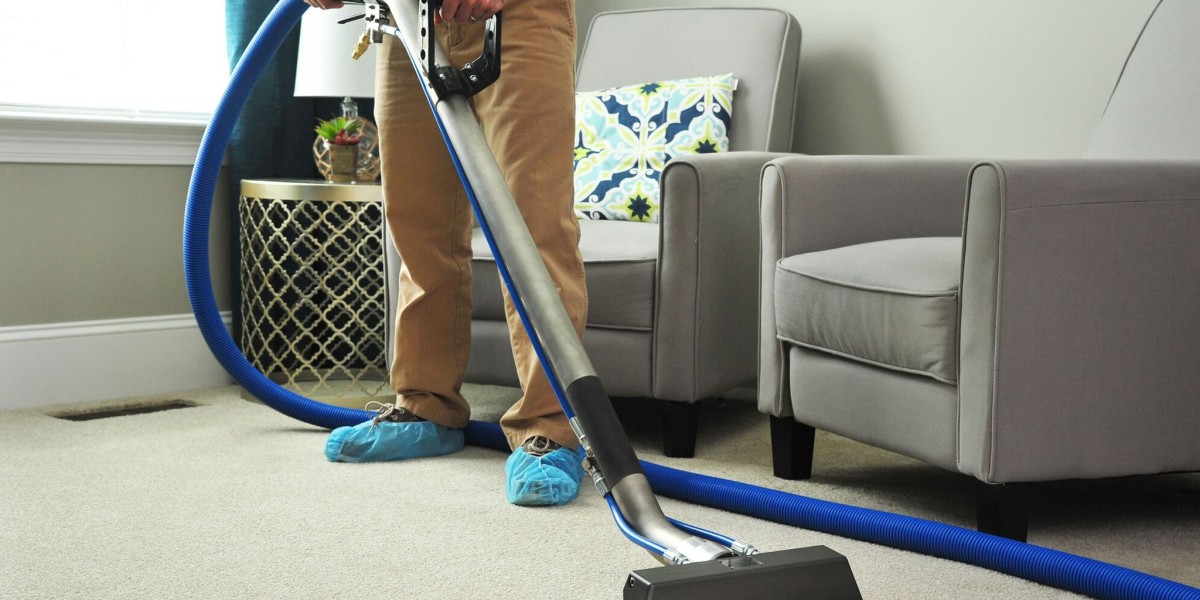Table of Contents
What is HALAL Certification?
Why HALAL Certification Matters in Today’s Market
Who Needs HALAL Certification?
The Step-by-Step HALAL Certification Process
Key Benefits of HALAL Certification
HALAL Certification and ISO Standards: What’s the Link?
Choosing the Right Certification Partner
Final Thoughts
FAQs
What is HALAL Certification?
Let’s break it down—HALAL Certification is all about ensuring that products, especially food, meet the strict Islamic dietary guidelines outlined in the Qur’an. But it's not just for food! HALAL can apply to cosmetics, pharmaceuticals, packaging, logistics, and even cleaning supplies.
In simple terms, getting HALAL certified tells your Muslim customers, “Hey, we’ve got your values covered.” It's like a quality stamp that says the product is clean, ethical, and prepared with care.
And with over 1.9 billion Muslims worldwide, HALAL Certification isn't just a religious label—it's a global market opportunity.
Why HALAL Certification Matters in Today’s Market
It’s About More Than Religion—It’s About Trust
Let’s be honest—consumers today are more conscious than ever. They want transparency, ethics, and safety in what they buy. HALAL certification taps into all of that. It shows you're committed to integrity, hygiene, and accountability.
Plus, it builds brand trust. When a consumer sees that HALAL logo, it signals quality, safety, and peace of mind.
Access to Lucrative Global Markets
Looking to export? HALAL certification is often a requirement for access to booming markets like:
The Middle East
Southeast Asia (Malaysia, Indonesia)
Parts of Africa
Europe’s Muslim communities
Pair HALAL certification with other standards like ISO 9001 certification UK or ISO 14001 certification UK, and you’re in a much stronger position to go global.
Who Needs HALAL Certification?
Businesses in the Food Industry
If you’re in the food industry, HALAL certification is practically essential. Whether you’re a manufacturer, distributor, or restaurant owner, customers need reassurance that your offerings are compliant.
Already have Food Industry ISO certification? Great—you’ve got a head start!
Cosmetics and Pharmaceuticals
Yes, even lipstick and cough syrup can be HALAL. It’s all about ingredient sourcing and handling. The demand for HALAL cosmetics is growing rapidly, especially among younger, trend-conscious Muslim consumers.
Logistics, Packaging & Cleaning
It’s not just the product—it’s the whole supply chain. HALAL certification checks if items are stored, packaged, and shipped without contamination.
So, if you’re a packaging company or logistics provider looking to grow, this is a smart move.
The Step-by-Step HALAL Certification Process
1. Application & Documentation
Start by applying through a recognized HALAL certification body. You'll be asked to provide:
Company info
Product details
Ingredient breakdown
Manufacturing process flow
This step is similar to what you’d do in ISO certification services.
2. Evaluation & Inspection
A qualified HALAL auditor visits your site and evaluates:
Ingredient sources
Equipment cleaning practices
Staff training and hygiene
Facility layout (to avoid cross-contamination)
This part overlaps with Workplace safety standards and Occupational risk management frameworks—if you’re already ISO compliant, you'll find this familiar.
3. Testing (If Required)
Some products undergo lab testing, especially if there's a risk of non-HALAL contamination (e.g., alcohol, animal by-products).
4. Certification Issued
Once everything checks out, you’ll receive your HALAL Certificate—valid for one year (typically), with annual audits to maintain compliance.
Key Benefits of HALAL Certification
Consumer Trust
Trust is currency in today’s world. HALAL certification tells consumers, “You can count on us.” It’s especially important for brands that want to stand out in crowded markets.
Regulatory Compliance
Many regions require HALAL certification for certain imports. Without it, you’re basically leaving money on the table.
Pair it with Data security compliance, Disaster recovery planning, and Risk management ISO 27001, and your business becomes a compliance powerhouse.
Global Export Opportunities
HALAL-certified products move faster through customs, especially in countries with Islamic majority populations. Combine that with ISO certification services in UK and you’re export-ready.
Supply Chain Efficiency
Getting HALAL certified helps tighten your supply chain. You'll know your vendors better, track ingredients more closely, and likely reduce errors—similar to what you’d achieve with ISO 9001 certification.
HALAL Certification and ISO Standards: What’s the Link?
Shared Principles of Safety and Quality
Both HALAL and ISO certifications revolve around structured processes, risk management, and accountability. If your business already follows:
ISO 14001 certification UK for environmental safety
ISO 27001 certification UK for data protection
ISO 9001 certification UK for quality management
…then you’re already on the right path to HALAL compliance.
Why Combine Certifications?
Imagine this: You're a food manufacturer. You get HALAL certification, then tack on:
EMS certification to reduce waste
ISO 50001 for sustainable energy practices
Device safety and performance standards for food machinery
Now you’re not just compliant—you’re unbeatable.
Choosing the Right Certification Partner
Look for Experience and Accreditation
Not all HALAL certifiers are created equal. Choose a body that:
Is recognized by international HALAL authorities
Has deep industry knowledge
Understands ISO certification services for small businesses UK
Need UK-Based Services?
For businesses in the UK, consider ISO certification service London providers that also offer HALAL certification. This way, you get streamlined compliance—one partner, multiple certifications.
Final Thoughts
In today’s global market, HALAL Certification isn’t just a nice-to-have—it’s a strategic edge. Whether you’re selling snacks, supplements, or skincare, being HALAL certified shows that you respect your customers, meet international standards, and take your business seriously.
Combine HALAL with key ISO certifications, and your business becomes not just compliant—but future-proof. It’s more than just a label. It’s a promise—of quality, safety, and integrity.
FAQs
1. How long does it take to get HALAL certified?
It usually takes 4–8 weeks, depending on your product type, documentation, and how ready your facility is for inspection.
2. Can HALAL certification be combined with ISO certifications?
Absolutely! In fact, if you already have ISO 9001 or ISO 22000, your process documentation will make HALAL certification much easier.
3. Is HALAL certification only for food?
Nope! It also applies to cosmetics, pharmaceuticals, logistics, packaging, and cleaning products.
4. How often do I need to renew HALAL certification?
Most HALAL certifications are valid for 12 months and require an annual re-audit to stay compliant.
5. What’s the difference between HALAL certification and ISO certification?
HALAL focuses on religious and ethical compliance. ISO covers operational, environmental, or data safety standards. But both emphasize consistency, quality, and traceability—making them a powerful duo when combined.
Sponsored article: Observational Research on Window Installation and FENSA Certification


